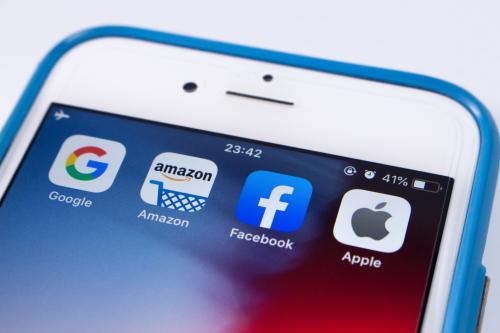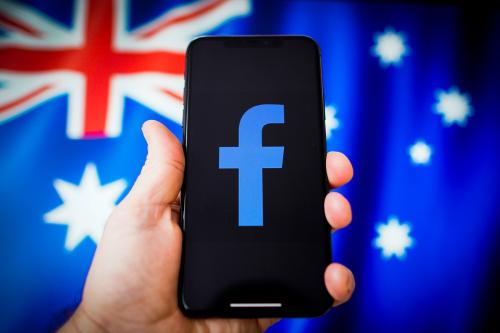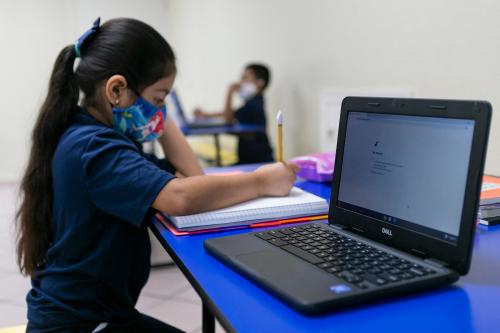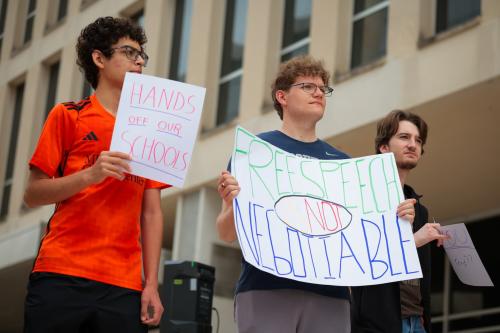This article originally appeared in Democracy: A Journal of Ideas as part of the series, “America Connected.”
In the 1930s, former President Franklin Delano Roosevelt faced the monumental challenge of restoring Americans’ faith in the economy. Agriculture and heavy manufacturing were at the heart of innovation at that time. Roosevelt’s response was the New Deal, the numerous programs he initiated to stabilize the economy and safeguard workers. Some of the most notable workforce programs and labor laws were established then, including unemployment insurance, worker retraining, Social Security, and more.
Decades later, as we face a similar challenging moment today, it’s technology and telecommunications infrastructures that are the leading paths toward economic recovery as they expand into other industries like transportation, manufacturing, and emerging forms of commerce. President Biden has put forth an agenda to Build Back Better to address the pandemic, reopen schools, reform immigration, and get Americans back to work. In addition to these, Biden needs a “Tech New Deal” to accelerate the deployment and adoption of high-speed broadband access for economic recovery and greater social integration. Ubiquitous technology access can also help execute a complementary range of pandemic response programs.
Making high-speed broadband and the applications it enables are priorities of the Tech New Deal. These efforts should be followed by the reform of the existing federal universal service program, creation of twenty-first century jobs and relevant workforce training, more digital-ready businesses, investments in start-ups, and expanded digital access to schools, libraries, and surrounding communities to ensure that no child is left offline.
While the deployment of a national vaccination strategy will likely override immediate attention to a proposed Tech New Deal, the dire economic consequences of the pandemic should position technology as one of the spokes of the modern economy. Biden’s current challenges are different than those of President Roosevelt. The unforeseen global pandemic has starkly affected many U.S. industries, especially the hospitality, retail, and leisure sectors. More than 100,000 small businesses have permanently closed, and the nation’s unemployment rate remained unchanged at 6.7 percent in December 2020 with 10.7 million people unemployed. Rapid business closures and high unemployment rates have led to increased food insecurity for millions, and forthcoming housing evictions and foreclosures will be equally detrimental. The social distancing mandates to mitigate COVID-19 have also made online connectivity essential as more people are connecting to doctors, schools, and remote workplaces via the Internet.
Read the full article on Democracy: A Journal of Ideas.
The Brookings Institution is committed to quality, independence, and impact.
We are supported by a diverse array of funders. In line with our values and policies, each Brookings publication represents the sole views of its author(s).







Commentary
Why America Needs a Tech New Deal
March 11, 2021